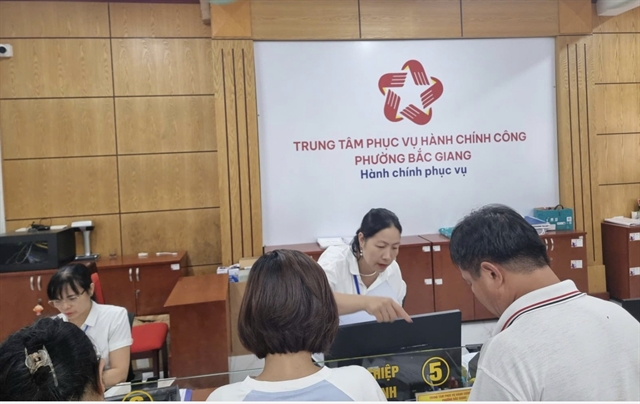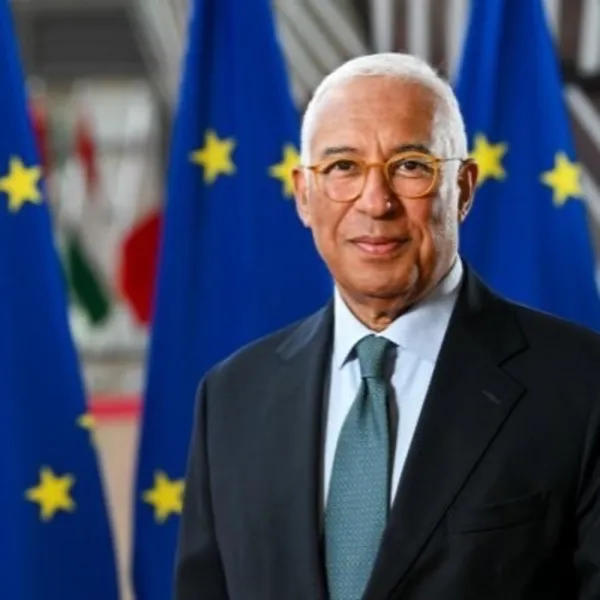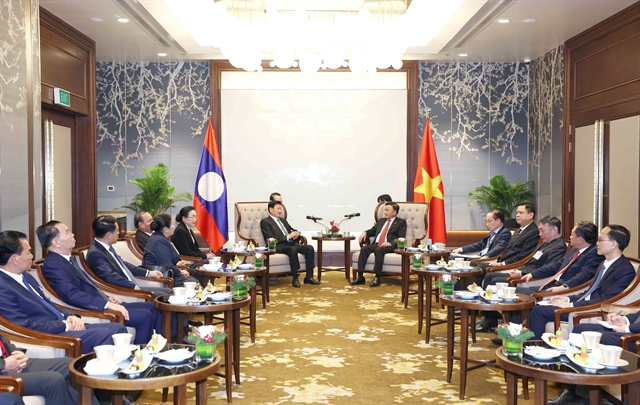 Politics & Law
Politics & Law

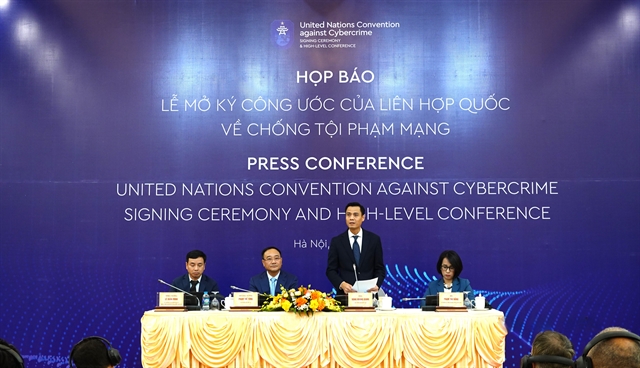 |
| Deputy Minister of Foreign Affairs Đặng Hoàng Giang addresses the press conference on the signing ceremony and high-level conference of Hanoi Convention on Wednesday. — VNS Photo Bảo Hoa |
HÀ NỘI — Việt Nam is taking centre stage in global digital governance as it hosts the signing ceremony and a high-level conference for the United Nations Convention against Cybercrime, a landmark treaty aimed at strengthening international cooperation in combating cybercrime, Deputy Minister of Foreign Affairs Đặng Hoàng Giang said on Wednesday.
The UN Convention against Cybercrime, also known as the Hanoi Convention, is considered a major treaty to strengthen global collaboration in combating crimes in cyberspace.
United Nations Secretary-General António Guterres is expected to attend the event in Hà Nội, alongside hundreds of heads of state and representatives from international organisations.
This is the first time a UN treaty bears the name of a Vietnamese location, highlighting Việt Nam’s active contribution to digital governance. It also represents a significant milestone in the country’s multilateral diplomacy and 47-year partnership with the UN.
The event includes the convention signing ceremony, a high-level plenary, roundtable discussions and side events over two days, October 25–26.
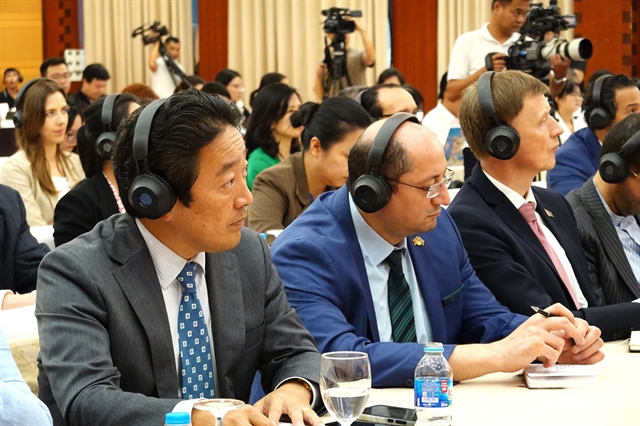 |
| The Hanoi Convention signing ceremony and high-level conference are expected to welcome hundreds of officials and delegates. — VNS Photo Bảo Hoa |
Adopted by the UN General Assembly on December 24, 2024, after over two years of negotiations, it sets legal standards for addressing offences such as illegal access, cyber fraud, and online child exploitation, while ensuring human rights and data privacy.
Việt Nam was one of the first nations to support the UN Convention against Cybercrime in 2019. The country also played a role in leading discussions and negotiations that highlighted sovereignty, international cooperation and country-level implementation of the convention.
Cybersecurity is a top priority for Việt Nam as well as its digital transformation targets and national security, said deputy foreign minister Giang.
According to Maj Gen Lê Xuân Minh, director of the Department of Cybersecurity and High-Tech Crime Prevention under the Ministry of Public Security, Việt Nam has recorded more than 100,000 instances of cybercrime over the past year.
Cyberattacks, in Việt Nam as well as globally, have evolved to become more systematic and transnational. They are also shifting their targets towards key systems of a country and its economy, posing serious risks to national security.
The Hanoi Convention, once signed and ratified, will establish a new legal framework for countries to collaborate in combating cybercrime, sharing information and investigation experiences, handling cases and extraditing cybercriminals, Minh said.
The document is especially important as it raises awareness at and beyond the state level, which is expected to boost cooperation on a large scale.
Việt Nam is actively reviewing its laws and regulations related to cybersecurity and criminal proceedings to implement the Hanoi Convention once it is ratified. An amendment to the Law on Cybersecurity will be tabled for discussion at the National Assembly session in October. The country also passed the Law on Personal Data Protection in June this year.
| The official logo of the Hanoi Convention. — Photo courtesy of the Vietnamese Ministry of Foreign Affairs |
Established in response to the alarming rise in cybercrime in scale, speed and scope, the Hanoi Convention is the first international legal instrument on transnational crime adopted within the UN framework in 20 years.
Following the signing ceremony in Hà Nội, the convention will remain open for signature at the UN Headquarters in New York until December 31, 2026. — VNS

